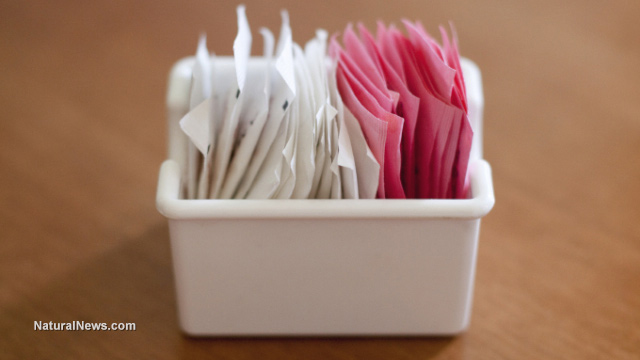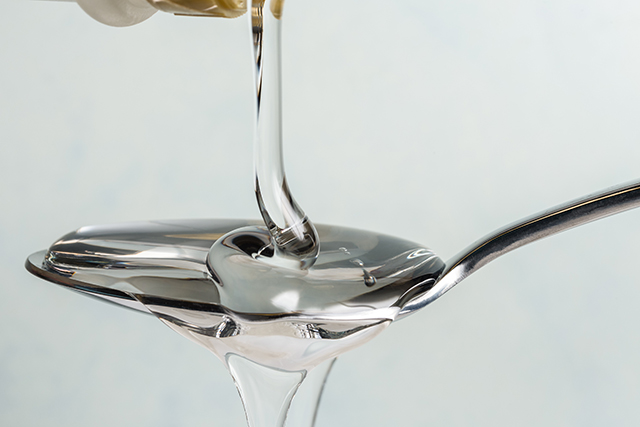
The researchers found that South Asians who live in the U.S. followed less nutritious diets which raised their chances of developing Type 2 diabetes. They also took in fewer calories. The scientists also revealed that the diabetic group ate less dietary fiber, linoleic acid, vitamins A and E, calcium, magnesium, zinc, potassium, and ?-carotene.
Strangely, South Asians living in other developed countries like the United Kingdom, Europe, and Singapore were not spared. Researchers say that their results may also apply to South Asians living in these countries.
Lead author Dr. Meena Shah, Assistant Professor of Internal Medicine, qualified that the findings may be less applicable to South Asians (people from India, Pakistan, Bangladesh, Nepal, and Sri Lanka) living in their respective homelands. That's because South Asian U.S. migrants have embraced the food choices of those living in their adopted country.
The study is significant since it could affect the more than four million South Asians living in the U.S. These South Asians suffer from diabetes four times more than their Caucasian counterparts. Figures from the Centers for Disease Control and Prevention show that South Asian Americans develop Type 2 diabetes at an earlier age and at a lower body mass index (BMI, an index of obesity).
Internal medicine professor Dr. Abhimanyu Garg, who was the senior author of the study, said that his team's results are the first to completely compare macronutrient and micronutrient consumption of South Asians with or without Type 2 diabetes through an objective measure: a three-day dietary analysis with images of the foods consumed.
Dr. Garg stressed the need for diabetic South Asians to improve their dietary habits to reach the nutrient goals recommended by the Institute of Medicine. He recommends adding yellow and orange fruit and vegetables, dark green leafy vegetables, whole grains, legumes, nuts, seeds, vegetable oils, and fatty fish one's diet. He explained that this could enhance blood cholesterol and improve blood pressure levels.
South Asians and others suffering from diabetes can resort to natural remedies to fight this preventable disease. Some suggestions:
- Stay away from toxins -- Reduce body toxins by getting “green” cleaners like organic fruits and vegetables, and dairy from grass-fed cows. They cost a bit more, but health has no price tag.
- Try a fasting-mimicking diet -- A recent study in Science Daily shows that a fasting-mimicking diet lets the pancreas regenerate and make new insulin cells, a key step in beating diabetes.
- Take ginseng tea -- Ginseng helps reduce blood sugar levels, increases energy and stamina, and tastes good.
- Take spirulina -- This superfood is rich in vitamins and minerals that stabilize blood sugar levels. Because of its strong taste, spirulina is best added to a smoothie or veggie drinks.
- Go for fiber and complex carbohydrates -- Fiber-packed foods help lower blood sugar surges. They help us feel full, and quell the urge to overeat. Complex carbohydrates break down slowly in the body, and make for a steady release of sugars into the bloodstream. High-fiber foods and those rich in complex carbohydrates include brown rice, whole grains, vegetables, beans, and legumes.
The effects of diabetes can be reserved. Like in most health-related things, it just needs lifestyle changes. These change can be difficult at first. But with patience and self-control, the road to recovery is wide.
Check out Food.news for daily coverage of healthy vs. unhealthy food choices.
Sources include:
Please contact us for more information.























